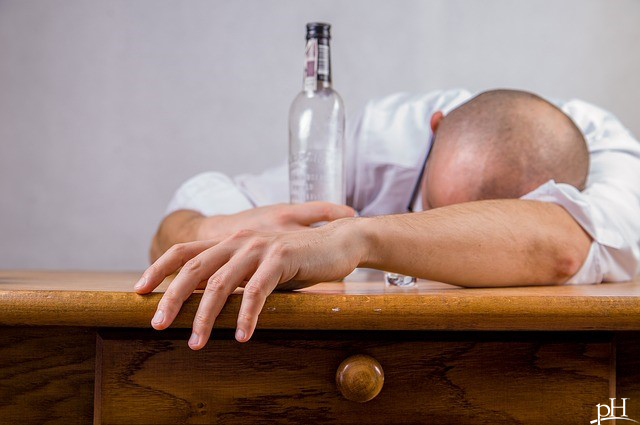Hangover help is here!
10 years ago | Alcohol
By pH health care professionals
The day after your 21st birthday may have been your worst hangover ever, but even as an older (and somewhat wiser) adult, you can still get them. A little too much to drink over the holidays, and you may wake up the next morning with a headache, dizziness, fatigue, nausea, vomiting, dry mouth, sensitivity to light, muscle aches, a rapid heart rate and/or mood issues (depression, anxiety, irritability).
So what causes hangovers?
You may think it’s higher levels of alcohol left in your system causing your hangover, but that is not the case. Researchers have found that hangovers aren’t related to alcohol levels at the time of the hangover. Hangovers are generally at their worst 12-14 hours after drinking, when blood alcohol levels are actually much lower or nonexistent.
Your immune system may trigger an inflammatory response, your stomach lining may be irritated from the alcohol (making you sick), and your blood vessels may be expanded (causing a headache). Factors like dehydration, not enough sleep, smoking, overall health status, and genetic differences can also aggravate hangovers. Also, the type of alcohol can affect the severity of the hangover, depending on the concentration of congeners in the drink. Congeners are byproducts of fermentation, and they often cause more severe hangovers, with the highest concentration found in red wine and dark liquors.
How common are hangovers?
75 percent of alcohol users who drink to intoxication levels (0.08 percent) experience hangovers at least some of the time. 43 percent of the heaviest drinkers, with weekly drinks of more than 106 g of alcohol (equivalent to nine drinks), experience at least monthly hangovers.
Here are a few ways you can be proactive:
- Take notice. Be proactive and pay attention to your individual limits and which drinks you tolerate best and worst to prevent the issue in the first place. Choose lighter-colored drinks like vodka or white wine with less congeners. Bourbon, tequila, scotch, dark-colored beer and red wine tend to have more congeners. And take your time with a drink. Have conversation while you are drinking. It may to slow down the alcohol consumption rate when you are talking.
- Eat a hearty meal. You can delay the absorption of alcohol by eating high-fat foods like meats and cheeses before consuming alcohol, since these foods metabolize at a slower rate. Also, whole grains and omega-3 fatty acids may help to reduce the adverse effects of alcohol consumption.
- Consider preventive measures. Honey, rich in vitamins and minerals, may have many health benefits, including possibly helping to prevent drunkenness and hangovers, according to a study in BMC Complementary and Alternative Medicine. Prickly pear extract may ease hangover symptoms if taken before drinking begins, according to a study published in Archives of Internal Medicine.
- Hydrate often. Replenish with plenty of fluids to reduce the effects of dehydration, especially as alcohol makes you pee more often. Match each alcoholic drink with an 8 oz. glass of water.
- Don’t smoke. Smoking in conjunction with drinking may make hangovers worse.
Although eating before you drink and replenishing your fluids are helpful proactive steps, at the end of the day, there is no magic potion that enables you to drink heavily with no hangover. The best preventive measure is simply to drink responsibly and to be aware of your body’s responses.
Enjoy Your Healthy Life!
The pH professional health care team includes recognized experts from a variety of health care and related disciplines, including physicians, attorneys, nutritionists, nurses and certified fitness instructors. This team also includes the members of the pH Medical Advisory Board, which constantly monitors all pH programs, products and services. To learn more about the pH Medical Advisory Board, click here.



